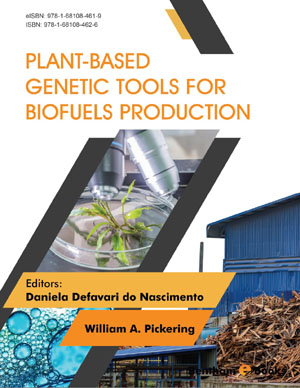Abstract
All living organisms are constantly exposed to DNA-damaging agents, leading to the accumulation of chemical and structural modifications which can affect key processes such as replication and transcription. Various DNA repair pathways have evolved for dealing with these modifications, thus preventing their toxic and mutational potential. Mutations in mtDNA are frequently observed in several diseases, which are reflected in metabolic changes or even in the attenuation of apoptotic response to anticancer therapies. To the integrity of the mitochondrial genome, repair mechanisms are recruited to the organelle. Among these, the BER pathway is the main pathway localized to mitochondria. The identification of mechanisms that prevent the accumulation of DNA damage in plants with agricultural interest can lead to improvements of these crops, including sugarcane, thus leading to improvements in sugarcane processing and consequently in the production of biofuels.
Keywords: Biochemistry, BER pathway, Bioenergy, Biofuel, Biotechnology, DNA, DNA damage, DNA repair, DRR pathway, LP-BER, Mitochondria, MtBER, Mutations, NER pathway, Oligonucleotides, Oxidative damage, Plants, Repair enzymes, SP-BER, Sugarcane.






















